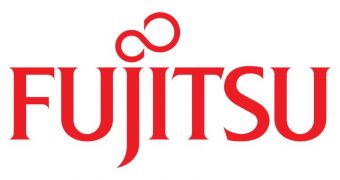Fujitsu seems to think that 10 years was a period long enough to stay out of the global supercomputer market, so it began to negotiate with European partners about exporting installations based on the K computer.
Until about 10 years ago, Intel and Advanced Micro Devices had not yet created the Pentium Pro, Pentium II, Xeon and Athlon chips.
As such, supercomputers had not yet migrated to the x86 architecture, meaning that supercomputers made in Japan were something of a threat to the US ones.
After those chips did come out, however, Japanese companies saw their share shrink by quite a bit, so they eventually quit the global market altogether.
After that, they decided to focus on making high-performance computing (HPC) applications for local institutions.
For Fujitsu, this meant ceasing any and all efforts or plans to export supercomputing installations.
Recently, however, in September 2010, to be exact, Fujitsu Limited began work on the so-called K computer, which is to be the central building block in the High-Performance Computing Infrastructure (HPCI) initiative.
HPCI is a project led by Japan's ministry of education, culture, sports, science and technology (MEXT).
Basically, K computer is expected to feature computing prowess in the 10 PetaFLOPS range, which is already several times higher than the currently greatest supercomputer in existence.
It will be made of over 800 computer racks, each running Fujitsu's SPARC64 VIIIfx central processing units (CPUs), 8-core chips of 128 gigaFLOPS each and high efficiency (2.2 gigaFLOPS per watt).
All in all, the supercomputer will have more than 80,000 of these chips and will let multiple processes be flexibly allocated to groups of processors via the world's first six-dimensional mesh-torus topology, thus increasing efficiency,
Finally, water cooling is bound to be employed, leading to higher mounting densities, better component life and reduced failure rates.
It is unclear when exports will start, but talks with European partners, such as the France-based administrative organization of the International Thermonuclear Experimental Reactor (ITER), are reportedly already underway.

 14 DAY TRIAL //
14 DAY TRIAL //